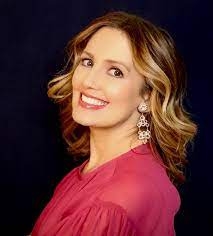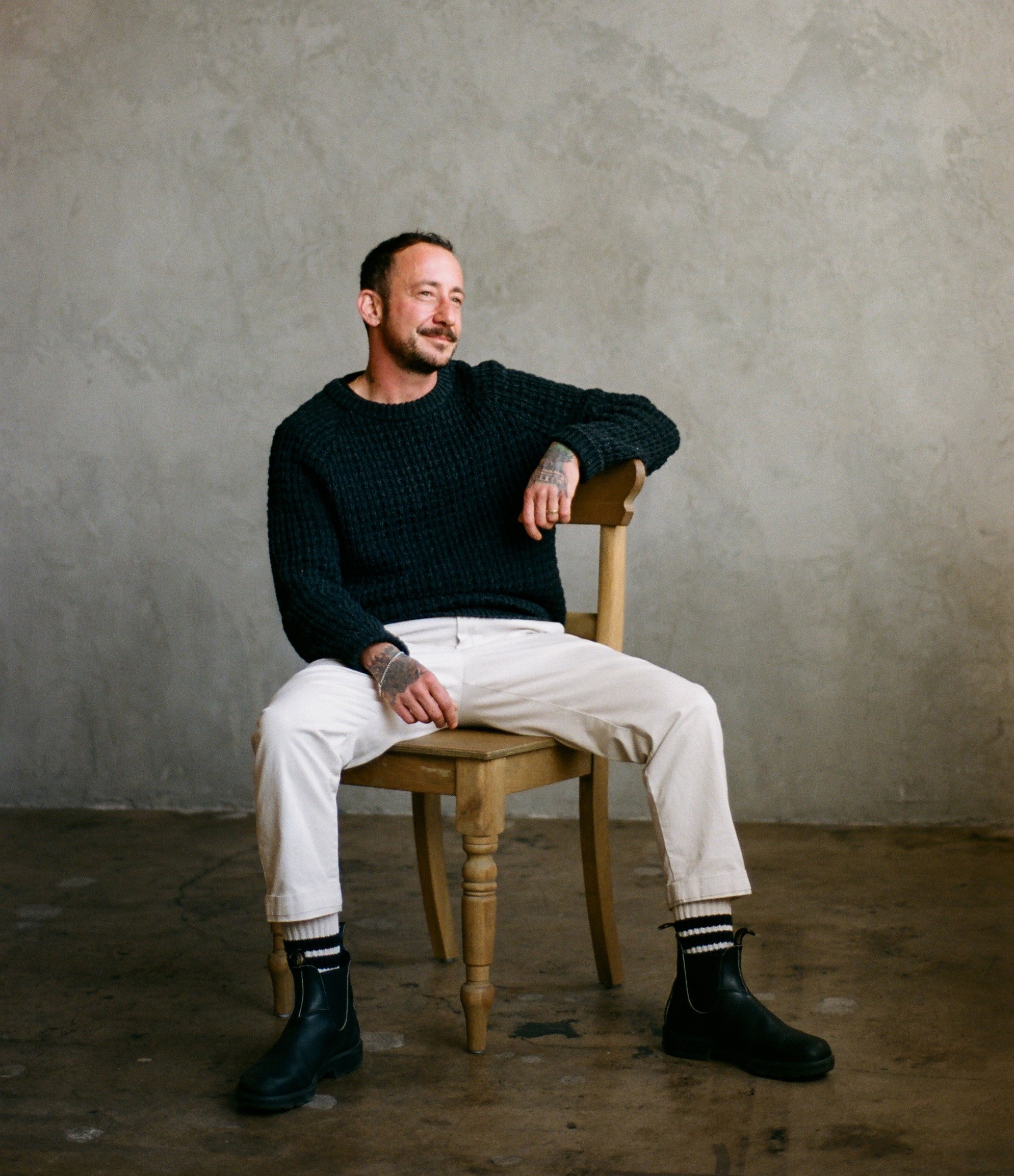WHAT WE TRIED TO BURY GROWS HERE is a daring, haunting, and, at times, darkly funny work of fiction that will both transport you to the treacherous days of the Spanish Civil War and bring into sharper focus the world we find ourselves in today.
WHAT WE TRIED TO BURY GROWS HERE
by Julian Zabalbeascoa
Two Dollar Radio, Fall 2024
(via Levine Greenberg Rostan)
 In late 1936, eighteen-year-old Isidro Elejalde leaves his Basque village in Northern Spain to join the fight to preserve his country’s democracy from the fascists. Months earlier, a group of Spanish generals launched a military coup to overthrow Spain’s newly elected left-wing government. They assumed the population would welcome the coup but throughout the country people like Isidro remained loyal to the ideals of democracy, and the Spanish Civil War began in bloody earnest.
In late 1936, eighteen-year-old Isidro Elejalde leaves his Basque village in Northern Spain to join the fight to preserve his country’s democracy from the fascists. Months earlier, a group of Spanish generals launched a military coup to overthrow Spain’s newly elected left-wing government. They assumed the population would welcome the coup but throughout the country people like Isidro remained loyal to the ideals of democracy, and the Spanish Civil War began in bloody earnest.
Isidro’s odyssey through war-ravaged Spain connects him to a diverse cast of characters on both sides of the war—a female soldier in an all-male battalion, a reluctant conscript recently emigrated from Cuba, a young girl whose parents have abandoned her to fight against the fascists, a mother of two who is secretly an anonymous writer of liberal propaganda, and a fascist soldier determined to avenge his murdered captain, among several others. Through this chorus of voices, we follow Isidro and many others as they struggle to maintain their humanity in a country determined to tear itself apart.
Conceived as a unified piece of fiction and unfolding in chronological order, WHAT WE TRIED TO BURY GROWS HERE has the scope and power of a traditional novel, though its episodic structure and shifting perspectives also call to mind books like Julia Philips’s Disappearing Earth and Phil Klay’s Redeployment.
A remarkable feat of research and imagination, Julian’s all too timely fiction brings both the Spanish Civil War, and, by extension, the many atrocities unfolding today, into stark relief, as Isidro and others navigate a country where cities are shelled beyond recognition, where the big lies of fascism have poisoned many members of society, and where even the most heinous acts of horror have quickly become permissible.
“A stunning first novel, ambitious, intensely true, certain to be read for a long time. Zabalbeascoa is a phenomenon. » – Phillip Meyer, NY Times bestselling author of The Son and American Rust
“In the tradition of such master storytellers as Isaac Babel and Phil Klay, Julian Zabalbeascoa has written a piercing narrative set during the Spanish Civil War. Alive with wonderful characters, moments of dread, bathos and humour, What We Tried to Bury Grows Here illuminates a crucial period of history. This is a timely and important story.” – Margot Livesey, author of The Boy in the Field, Mercury and The Flight of Gemma Hardy
“Julian Zabalbeascoa is the real deal, a major talent, and the story he’s telling here is both riveting and terrifying.” —Richard Russo, Pulitzer Prize winning author of Empire Falls
A first-generation Basque-American (dual citizen), Julian Zabalbeascoa is a Visiting Professor in the Honors College at the University of Massachusetts Lowell, where he teaches classes on Basque culture and the Spanish Civil War and leads annual study abroad programs to Donostia-San Sebastian, Havana, and Madrid. He earned his MFA in Creative Writing from the University of New Orleans. His interviews and reviews have appeared in The Believer, Electric Literature and The Millions.

 For two decades, Del (45) and Dinah Newman (43) and their sons, Guy (22) and Shep (18), have ruled the airwaves as America’s Favorite Family. Thirty million viewers tune in every week to watch them play airbrushed, flawless versions of themselves. But behind the smiling black-and-white exterior, the Newmans are a mess.
For two decades, Del (45) and Dinah Newman (43) and their sons, Guy (22) and Shep (18), have ruled the airwaves as America’s Favorite Family. Thirty million viewers tune in every week to watch them play airbrushed, flawless versions of themselves. But behind the smiling black-and-white exterior, the Newmans are a mess. Thomas Page McBee is at 42, he writes, one of the oldest trans people he knows, an “elder,”—and he’s also 12, “a man without a boyhood, alive at the end of the world.” Time is linear, but it’s also cyclical. This moment, with its fever-pitch of anti-trans rhetoric, a broken political system, not to mention climate change, can feel like the end of the world—as have other moments in our history. And yet, as Thomas writes, “the future is already here.” The seeds of what is to come already exist. We need to be asking different and better questions.
Thomas Page McBee is at 42, he writes, one of the oldest trans people he knows, an “elder,”—and he’s also 12, “a man without a boyhood, alive at the end of the world.” Time is linear, but it’s also cyclical. This moment, with its fever-pitch of anti-trans rhetoric, a broken political system, not to mention climate change, can feel like the end of the world—as have other moments in our history. And yet, as Thomas writes, “the future is already here.” The seeds of what is to come already exist. We need to be asking different and better questions. In late 1936, eighteen-year-old Isidro Elejalde leaves his Basque village in Northern Spain to join the fight to preserve his country’s democracy from the fascists. Months earlier, a group of Spanish generals launched a military coup to overthrow Spain’s newly elected left-wing government. They assumed the population would welcome the coup but throughout the country people like Isidro remained loyal to the ideals of democracy, and the Spanish Civil War began in bloody earnest.
In late 1936, eighteen-year-old Isidro Elejalde leaves his Basque village in Northern Spain to join the fight to preserve his country’s democracy from the fascists. Months earlier, a group of Spanish generals launched a military coup to overthrow Spain’s newly elected left-wing government. They assumed the population would welcome the coup but throughout the country people like Isidro remained loyal to the ideals of democracy, and the Spanish Civil War began in bloody earnest. Since the morning after the party – the one Liv can’t remember, the one that left her covered in bruises – there’s been a padlock on the door of her bedroom. Her parents said they found mold and it needs to be decontaminated, but they’re acting kind of strange. And her friend Leilani isn’t answering her texts, so maybe Liv did get a little out of control that night. Sharing a room with her brother Cas for a while isn’t the end of the world, as long as he doesn’t tell their parents that she’s started sleepwalking. They’re already worried enough.
Since the morning after the party – the one Liv can’t remember, the one that left her covered in bruises – there’s been a padlock on the door of her bedroom. Her parents said they found mold and it needs to be decontaminated, but they’re acting kind of strange. And her friend Leilani isn’t answering her texts, so maybe Liv did get a little out of control that night. Sharing a room with her brother Cas for a while isn’t the end of the world, as long as he doesn’t tell their parents that she’s started sleepwalking. They’re already worried enough.